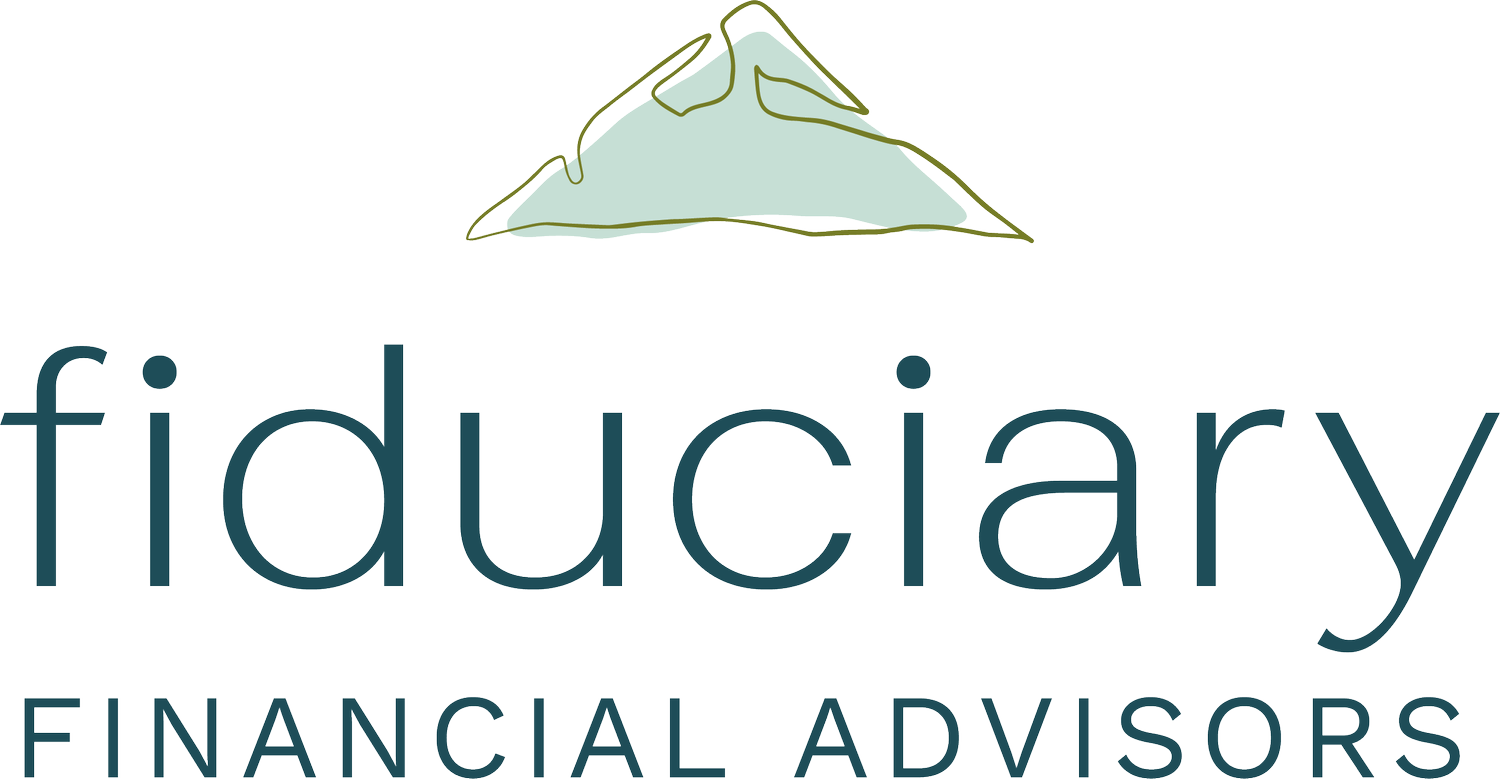Wealthtender Ask an Advisor Feature: Is $5.5 Million the Magic Number to Retire Comfortably and Pass Wealth to Your Children?
Andrew Van Alstyne had the privilege to be featured in Wealthtender’s “Ask an Advisor” for how much money is needed for retirement.
Andrew discusses that it is important to focus what you want retirement to look like when calculating the amount you’ll need. He also discusses a different way of thinking as to how to leave a legacy to your loved ones while still alive.
Click the Image Below to Read the Full Article:
Fiduciary Financial Advisors, LLC is a registered investment adviser. Information presented is for educational purposes only and does not intend to make an offer or solicitation for the sale or purchase of any securities. Investments involve risk and are not guaranteed. Be sure to consult with a qualified financial adviser and/or tax professional before implementing any strategy discussed herein.
Recent Articles Written by Andrew:
It’s not about a magic net worth number; it’s about the complexity of your life. Discover why high-earning professionals and business owners are moving away from DIY management and how to distinguish between a salesperson and a true fiduciary partner who is legally bound to put your interests first.
Healthcare expenses are a critical and often unpredictable component of any financial plan. As a successful professional, you can't afford to let surprise medical bills compromise your long-term goals for asset growth and legacy preservation. Our strategic framework outlines eight actionable steps to help you move from reactive expense management to proactive financial control. We'll show you how to leverage tax-advantaged accounts, optimize your insurance coverage, and integrate long-term care planning to safeguard your wealth against the rising cost of health.
We’ve all felt the anxiety when the market hits a new all-time high. But what if that feeling is based on a media narratives and emotion, rather than logic? We'll use data to explain why the market isn't defying anything, it's just doing its job; and why staying the course on a well-defined plan is more important than timing the market.
Your business is a rocket ship; an unparalleled engine for wealth creation. But relying on it for 100% of your net worth creates a dangerous concentration risk and is one of the biggest financial mistakes an owner can make. The single most important move for your family's long-term security is to consistently and strategically move money out of your business. This video is not about being less committed to your company; it’s about building a financial fortress around it. We break down the four critical strategies for building your family's "Mission Command": a structure of outside assets that protects your wealth, funds your life, diversifies your tax strategy, and secures your legacy for generations to come. Are you the CEO of your business, or the CEO of your family's future?
A popular stat suggests indexing the S&P 500 would have been a better investment than Jerry Buss's purchase of the Lakers. This article dismantles that myth, revealing how the real math of leverage, cash flow, and tax efficiency tells a much different, and more profitable, story about building true wealth through ownership.
Feeling 'good enough' about your finances, especially compared to others? This common mindset might be a trap. Discover why simply 'keeping up' falls short and how a financial plan truly 'right for you' can secure your ambitions.
Compare business structures like LLC, S-Corp, C-Corp, & more. Learn how each impacts your taxes, personal liability, and growth.
Transferring a business to family members is more than just a financial decision, it’s a deeply personal one. Your business represents years, if not decades, of hard work, sacrifice, and dedication. It’s a legacy that you want to see thrive for generations to come. However, without proper planning, a transition can create unnecessary tax burdens, financial strain, and even family disputes. Understanding the available strategies ensures that your business remains a source of security, not stress, for your loved ones.



























It’s not about a magic net worth number; it’s about the complexity of your life. Discover why high-earning professionals and business owners are moving away from DIY management and how to distinguish between a salesperson and a true fiduciary partner who is legally bound to put your interests first.